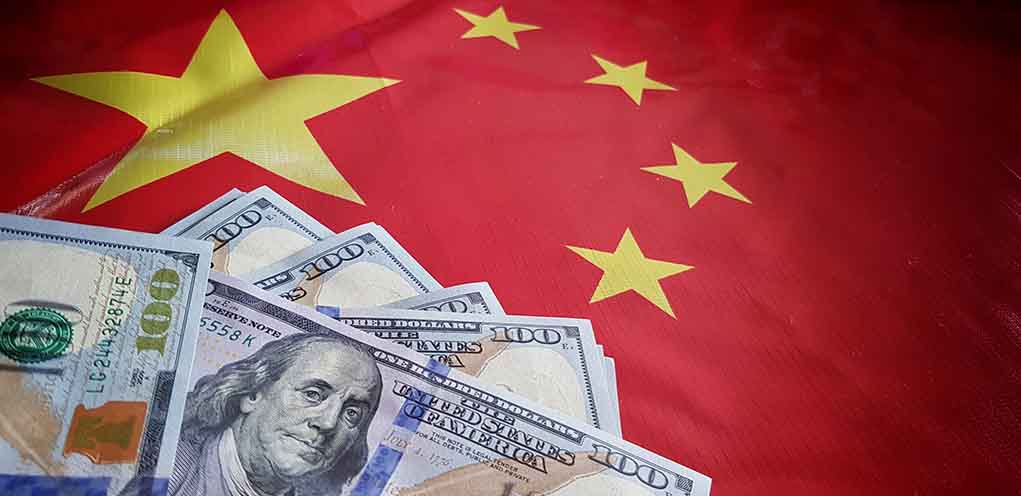Chinese electric vehicle manufacturers are locked in an intensifying price war, prompting strategic shifts and financial demands from suppliers.
Competitive Pressures and Supplier Demands
Chinese electric vehicle manufacturers like BYD are exerting pressure on suppliers for significant price cuts as they navigate a competitive domestic market. BYD has asked for a 10% reduction, starting next year, highlighting the increased market tension. This aggressive approach is driven by an oversupply of electric vehicles and the need to maintain cost-competitiveness in both local and international spheres. These demands from automakers are reflective of the strategic cost-efficiency goals set amidst an evolving market landscape.
BYD has asked suppliers to accept price cuts next year in a signal the Chinese electric vehicle maker is preparing for the brutal price war in the world’s biggest auto market to intensify https://t.co/QODBfDEqSO
— Bloomberg (@business) November 27, 2024
SAIC Maxus Automotive, part of SAIC, mirrors BYD’s cost-cutting strategy, echoing similar reductions from their suppliers. This reflects a broader trend of Chinese manufacturers leveraging their expansive production capabilities to set aggressive cost standards. Executives view the market climate as a “decisive battle,” pushing companies to reevaluate and renegotiate terms across supply chains. The ongoing annual price negotiations, described as standard industry practice, emphasize the evolving commercial dynamics within the Chinese EV sector.
BYD has asked suppliers to accept price cuts next year in a signal the Chinese electric vehicle maker is preparing for the brutal price war in the world’s biggest auto market to intensify https://t.co/wtKqEIVqit pic.twitter.com/uNxGvgYCJ1
— Bloomberg TV (@BloombergTV) November 27, 2024
Global Expansion and Geopolitical Hurdles
Chinese EV brands are not only focused on domestic cost reductions but are also expanding overseas. With strategies targeting emerging markets such as Thailand and Brazil, companies like BYD are keen on leveraging international growth opportunities. However, this expansion is encumbered by geopolitical issues, particularly uncertain U.S. tariffs under future political administrations, affecting plans in regions like Mexico. Despite these challenges, companies remain committed to broadening their global foothold, ensuring their market presence across key competitive markets.
“To enhance the competitiveness of BYD passenger cars, we need the entire supply chain to work together and continue to reduce costs.” – Mr. He
Tesla’s strategic pricing shifts in China, such as reducing Model Y prices by 4%, exemplify how global players are also adjusting their stance in response to Chinese market dynamics. From January to October, a total of 9.75 million electric and hybrid vehicles were sold in China, indicating substantial market growth, notwithstanding the persistent competition among manufacturers. Importantly, BYD’s notable domestic market share of 35% with 2.9 million vehicles sold underlines the scale and scope of these market maneuvers.
Future Outlook and Industry Realignments
The continuation of this price war is inevitable given the increasing number of manufacturers launching new vehicles. As Chinese automakers solidify their positions both domestically and abroad, the necessity to optimize costs and weather financial strains becomes increasingly critical. Some companies have already resorted to cost-cutting measures such as layoffs. Resolute in their approach, these firms face the dual pressures of domestic competition and international expansion, whilst grappling with the repercussions of geopolitical uncertainties, especially in strategic locations such as Mexico.
“To enhance the competitiveness of BYD passenger cars, we need the entire supply chain to work together and continue to reduce costs.” – Mr. He
As the landscape of the electric vehicle sector continues to evolve, Chinese automakers remain key players in shaping global automotive trends. Their ongoing tactical measures, rooted in cost reductions and supplier negotiations, reflect larger strategies of integrating efficiency within their value chains to sustain their market edge. The intertwining of domestic ambitions with global aspirations positions these entities at the forefront of the electric vehicle industry’s transformative phase.
Sources:
https://www.nytimes.com/2024/11/27/business/byd-china-electric-vehicles.html
https://dnyuz.com/2024/11/27/chinese-automakers-tell-suppliers-to-cut-costs-as-price-war-deepens/

